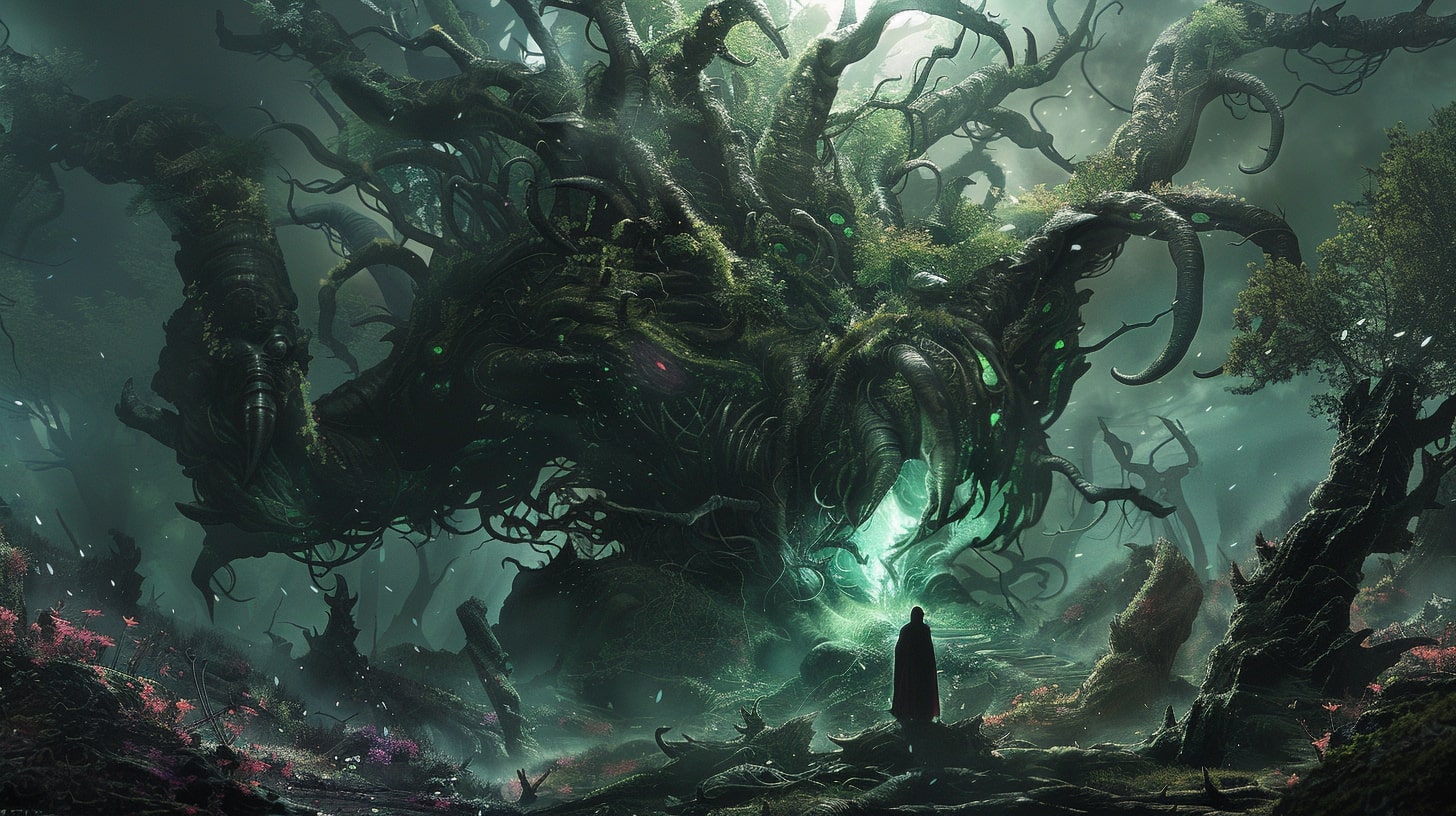
The 24 Chapter Outline That Finally Made Novel Plotting Click for Me
Derek Murphy's 24 chapter outline breaks your novel into four acts with specific goals for every chapter. Finally conque...


Step into a sanctuary for worldbuilders and storytellers. Forge intricate realms, weave epic tales, and discover the boundless creations of fellow travelers. Your saga begins here.
Powerful tools designed specifically for worldbuilders and storytellers

Create and organize detailed notes about your world's lore, characters, locations, and history.

Manage multiple stories and writing projects with integrated worldbuilding references.

Join daily prompts and challenges to develop your world and maintain writing momentum.

Connect with fellow worldbuilders, share snippets, and participate in word wars.
Explore rich, immersive worlds created by our community of worldbuilders
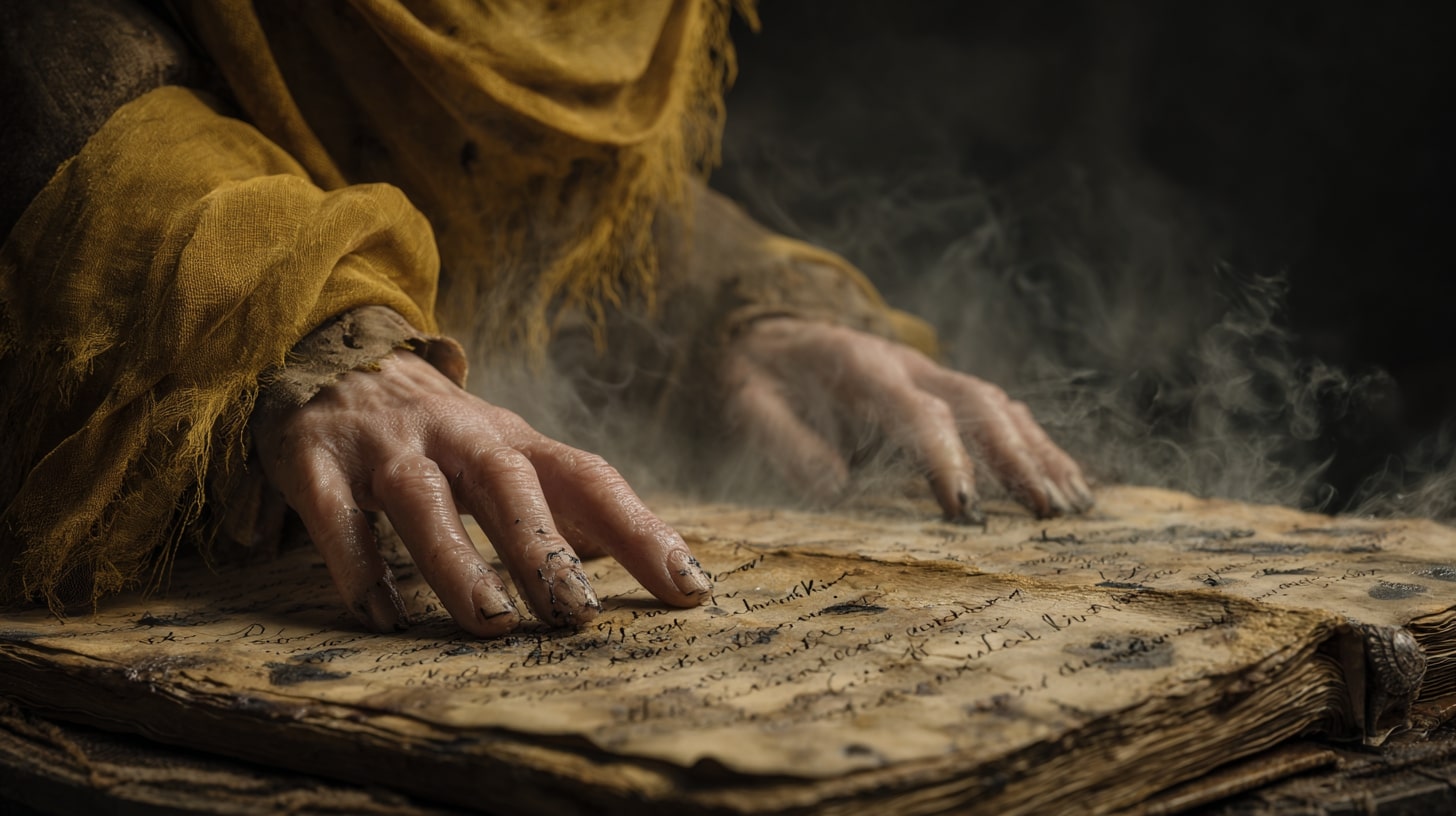
How do you find someone the world has forgotten when you're forgetting them too?

A kid who feels things they shouldn't know about the people around them discovers a hidden world where places hold memories, and the school that promises to help them might have much darker intentions.

Every night at 3:33 AM, I wake up for exactly seventeen seconds and watch another version of myself sleep.

A concrete pit. 20 feet wide. 40 feet deep. No way out. This is life now. How does it play out?

They came to Earth looking to invite us into a galactic federation. We fucked it up. Now we are trying to make things right.
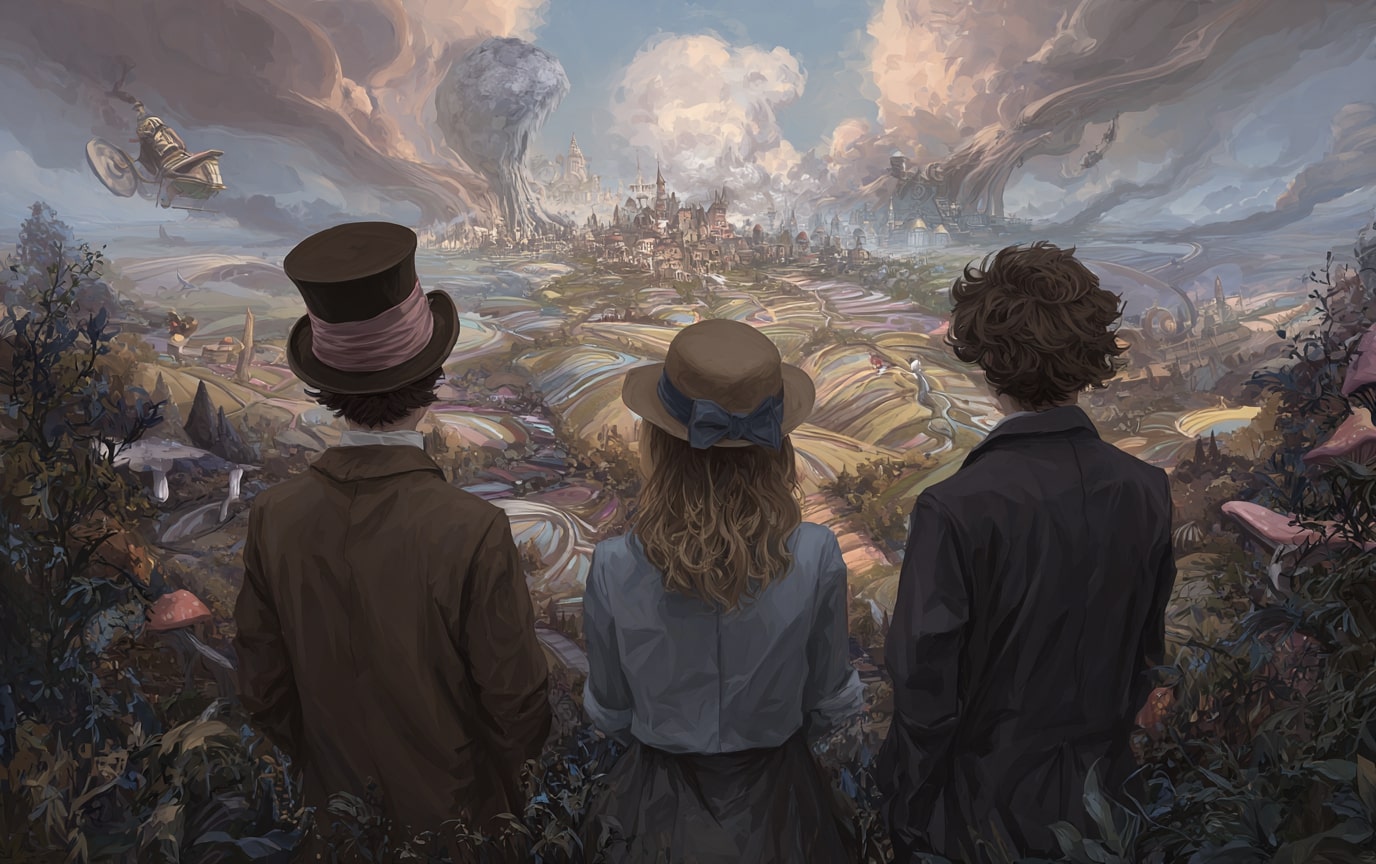
Random everyday objects contain pocket dimensions - and finding the right one is worth millions or a death sentence.
Immerse yourself in compelling stories crafted by talented writers

You're going to hear things before they happen. Not everything. Just certain sounds. The ones that matter.

1 in 1,000,000 have the ability of saturation. Here are some of their stories.

Some places just feel different. You've probably noticed it yourself. An old hospital that makes your skin crawl even though you can't see anything wr...

Every night at 3:33 AM, I wake up for exactly seventeen seconds and watch another version of myself sleep—until the night they finally wake up and try to warn me.

The world has been edited. Her sibling was deleted. And she's already starting to forget why she's searching.

For everyone else who's ever wondered how long humans can stay human when there's nothing left to do but exist.
Learn from guides, tutorials, and insights on building immersive worlds
Fresh insights and tutorials for worldbuilders

Derek Murphy's 24 chapter outline breaks your novel into four acts with specific goals for every chapter. Finally conque...
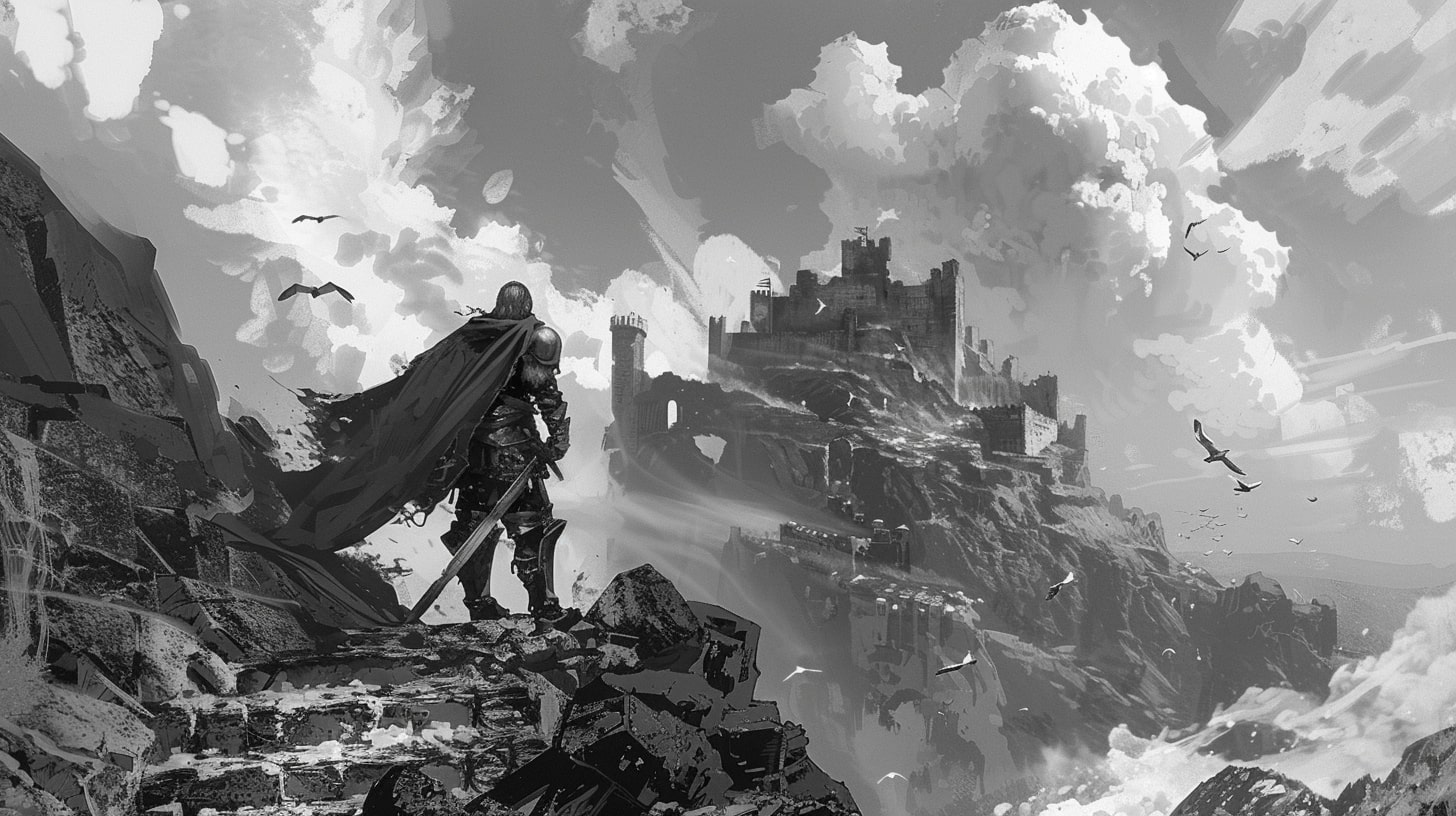
Discover 13 practical worldbuilding tips for beginners that actually work. Learn to create immersive worlds without gett...
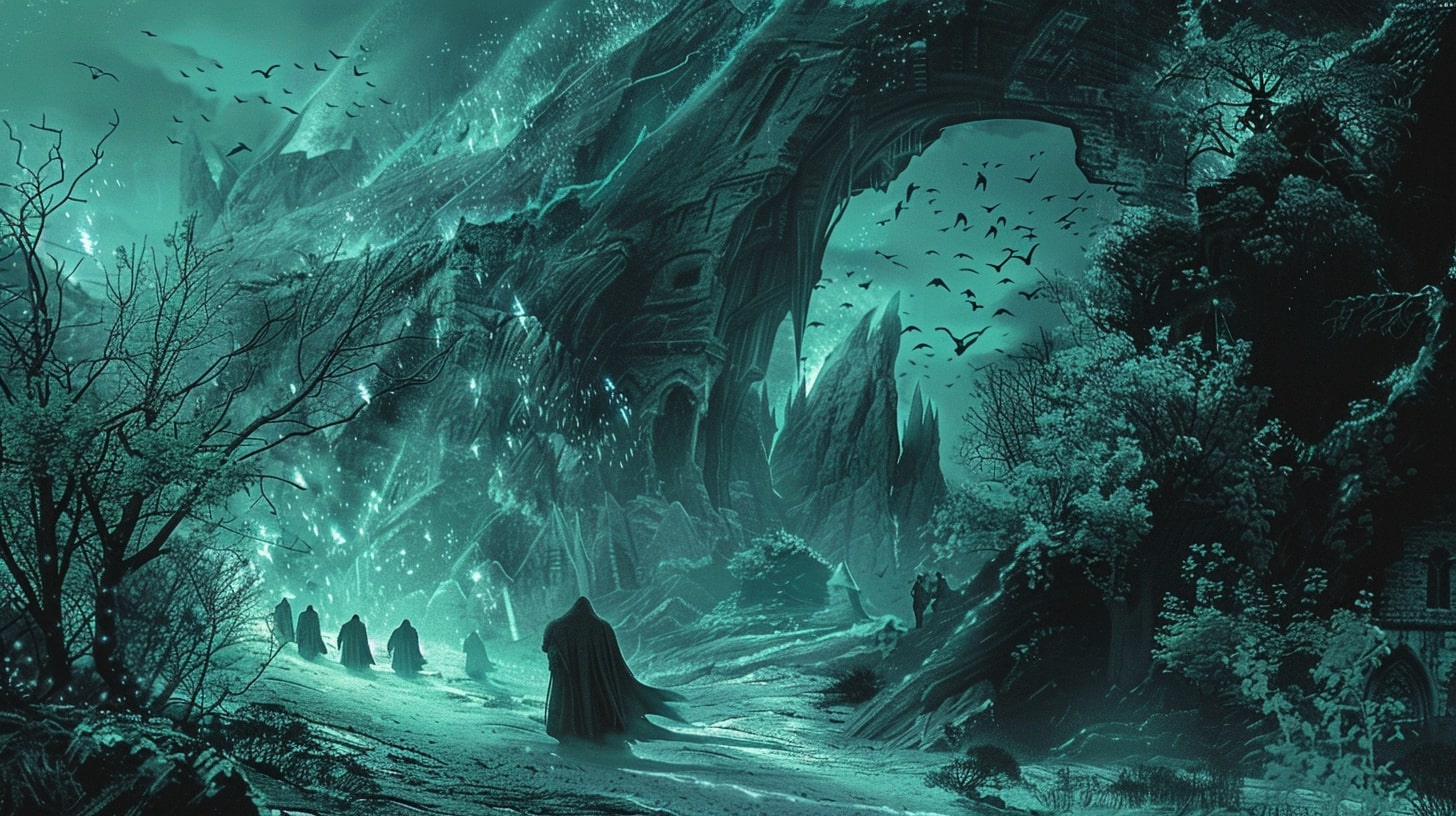
Master iceberg worldbuilding with the 90/10 rule. Learn why hiding most of your world creates deeper immersion than expl...
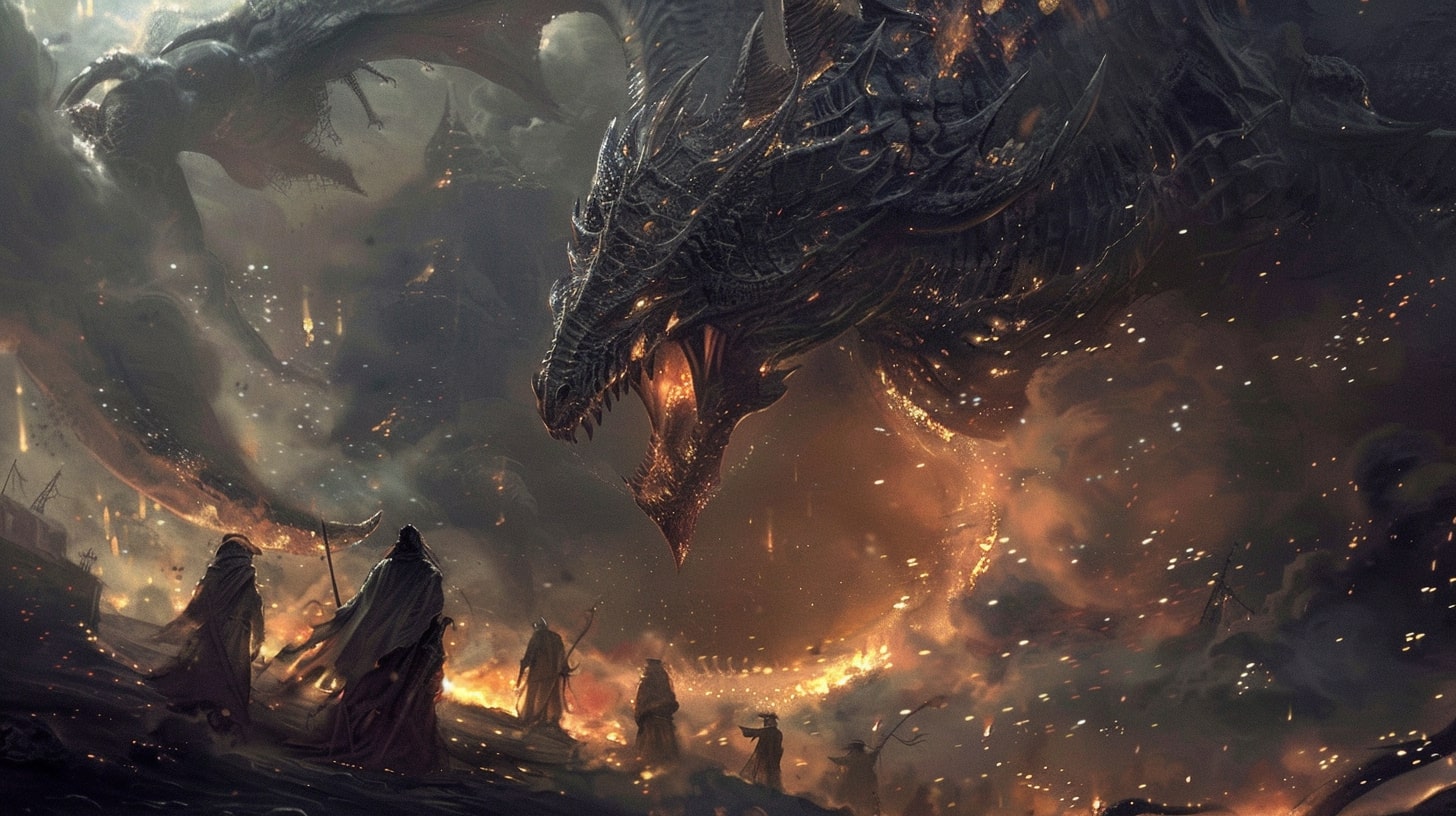
Master hard worldbuilding with proven frameworks. Build consistent fictional worlds that support compelling stories with...

Discover why soft worldbuilding often works better than detailed exposition. Learn 7 techniques to create immersive worl...
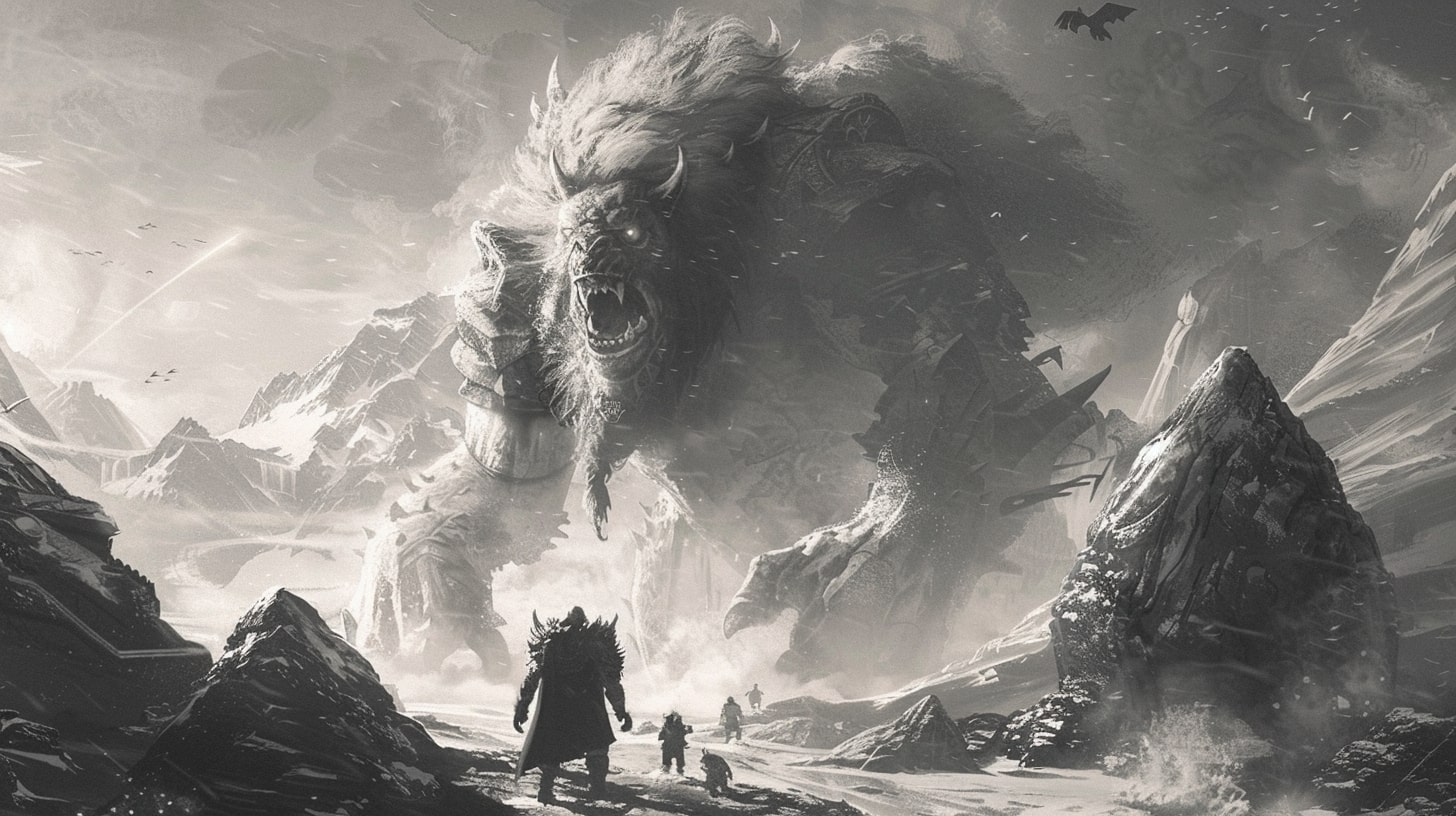
Master obsidian worldbuilding with our complete guide. Build interconnected fictional worlds using proven templates, wor...

Join thousands of writers and worldbuilders creating rich, immersive fictional universes.